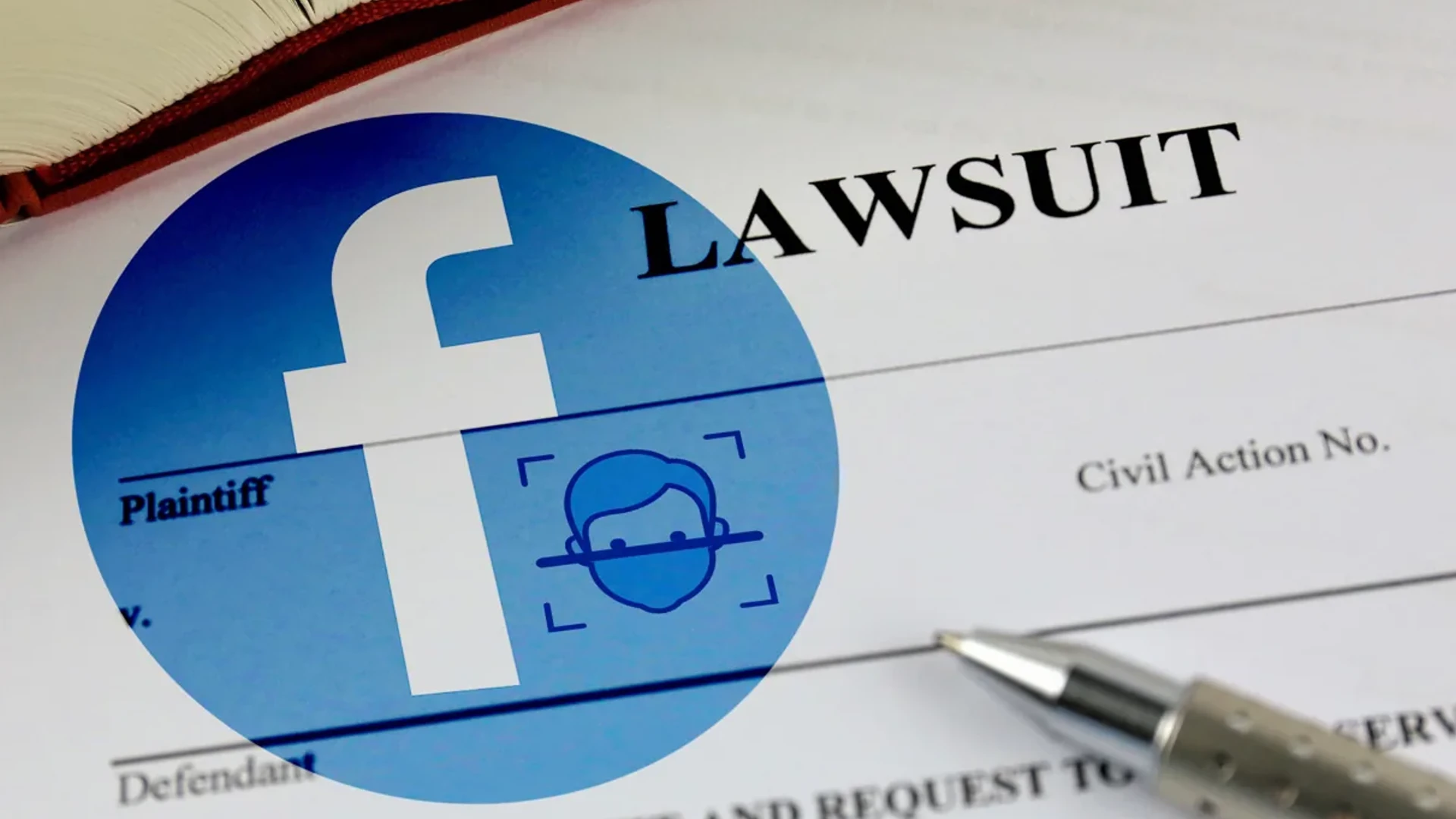Face recognition is the process of identifying or authenticating a person using a picture, video, or other audiovisual feature of their face. The identifier is often used to gain access to a program, system, or service. As part of a biometric identification method, body measurements, in this case the face and head, are used to authenticate an individual’s identity by measuring their facial biometric pattern. The technology uses unique biometric data relating to a person’s face and facial expressions in order to identify, verify, and authenticate them.
Based on the Financial Times report, Mr. Paxton told that “Facebook has been covertly capturing Texans’ most confidential data—photographs and movies—for its corporation success.” “For more than 20 years, Texas law has outlawed such harvesting without informed agreement. While regular Texans have been using Facebook to share images of their loved ones with friends and family in an innocent manner, we now know that Facebook has been defying Texas law for the last decade.” Meta noted in a release that the charges against Facebook “are without merit, and we will firmly defend ourselves.”
In the past, Meta gave customers notice that it would be discontinuing its face recognition technology and let them decide whether to use these suppliers.
Facebook already paid $650 million to resolve a lawsuit against its facial-recognition methods. In 2015, a class-action lawsuit was launched in Illinois under the state’s biometric privacy legislation, which is similar to the Texas legislature in certain ways.
Both legal requirements demand their consent before their biometric identifiers may be recorded. In the class-action lawsuit, Facebook’s lawyers claimed that the Illinois law didn’t apply to the company’s mechanism for identifying consumers in photos. Also, customers have also been given the option to opt out of the feature. The company’s attempts to dismiss the clas
For their biometric identifiers to be recorded, both legal requirements require their consent. Facebook’s lawyers claimed that the Illinois law did not apply to Facebook’s mechanism for identifying consumers from photos in the class-action lawsuit. Additionally, customers have been given the option to opt out of the feature. The class-action lawsuit was not dismissed, and the issue was resolved in 2020.
With the Texas action, notably the size of the civil fines, it provides the impression that more and more general privacy legislation requirements will impact the operations of large digital companies.
According to Senior counsel of the Electronic Privacy Information Center, a research and advocacy organization John Davisson said the state and the public have a crucial role to play in ensuring privacy safety.
As a result of Facebook’s settlement in the Illinois class-action lawsuit, Texas has issued a personal civil subpoena seeking information on the facial-recognition technology. Facebook announced in November that its face recognition system will be phased out. Facebook’s face recognition system does not comply with the state’s legal requirements for recording consumers’ facial choices, according to Texas.
